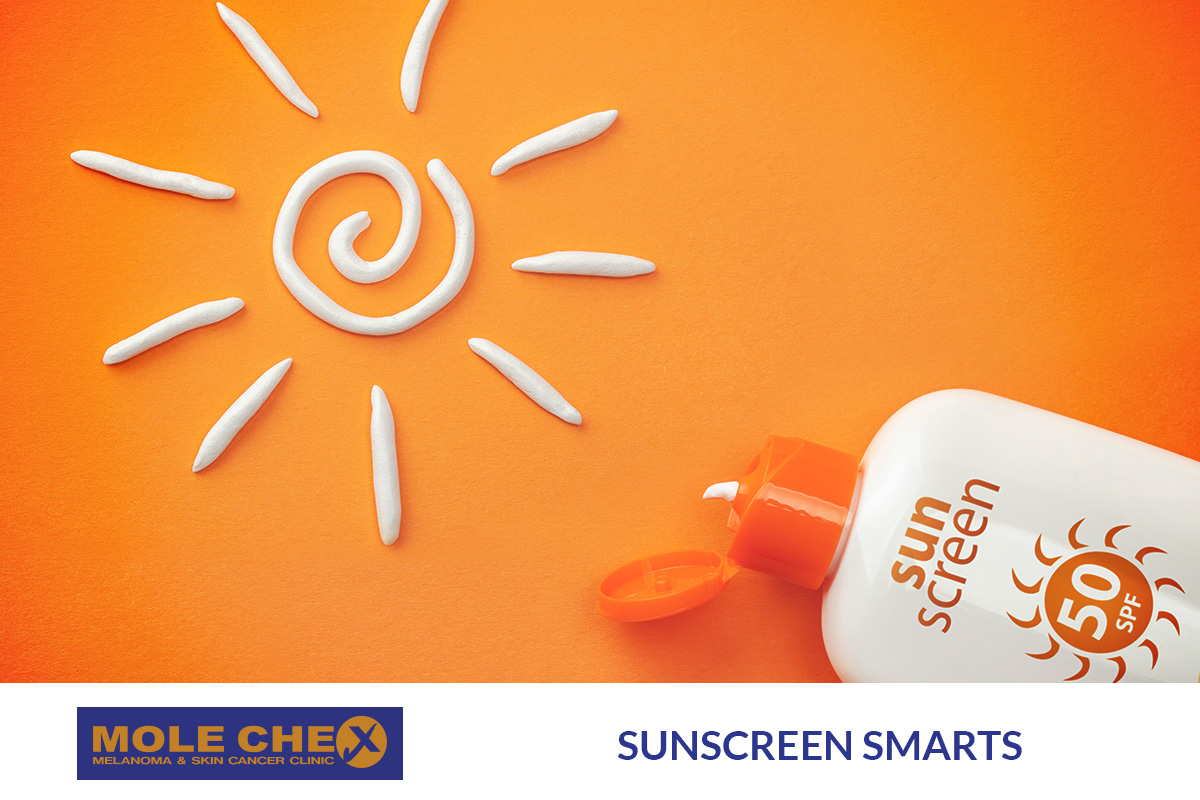Sunscreen Smarts: Unveiling the Science Behind Skin Protection

In a country where the sun reigns supreme, understanding the science behind sunscreen is not just a luxury; it’s a necessity. This article aims to demystify the complex world of sunscreens, offering you practical insights to make informed decisions about skin protection.
Sun-kissed days call for smart skin protection. Understanding the science of sunscreen isn’t just about avoiding sunburn; it’s a crucial step in guarding against skin damage and harmful UV rays. In this enlightening journey, we uncover the essentials of choosing the right sunscreen for your skin type and lifestyle.
🌞 Understanding UV Rays and Their Impact
The sun emits ultraviolet (UV) rays, which are invisible but powerful. There are two types of UV rays that concern us: UVA and UVB. UVA rays penetrate deep into the skin, causing aging and long-term damage. UVB rays are responsible for sunburns. Both contribute to skin cancer risk. Queensland in Australia is known for high UVR index. Especially in summer when you are outside, your UV exposure is quite high, which calls for proper sun protection. We often see people coming from colder cities get sunburn or red skin when they get exposed to sunlight.
🧴 Choosing the Right Sunscreen
When selecting a sunscreen, consider two key factors: SPF (Sun Protection Factor) and broad-spectrum protection. SPF measures how well a sunscreen protects against UVB rays. The higher the number, the better the protection. However, SPF doesn’t account for UVA rays. That’s where broad-spectrum comes in, ensuring protection from both UVA and UVB rays. Different skintones have different risk of developing skin cancer. Talk to your skin doctor which kind of sunscreen is recommended and what is their recommendation. Likely they are better suited for this job as they know compounds in cream, and their effects on skin type.
💧 Water Resistance and Application
In Australia’s beach culture, water-resistant sunscreen is a must. But remember, “water-resistant” doesn’t mean “waterproof.” Reapplication is crucial, especially after swimming or sweating. Apply sunscreen generously 20 minutes before sun exposure and reapply at least every two hours. Many costal areas in Australia has quite high humidity. Often we forget to re-apply sunscreen after working with water which washes off the protective layer. Make sure you are opting for good enough water resistant sunscreen that helps you stay sun protected even after friction or washout.
👶 Sensitive Skin and Children
For those with sensitive skin or for young children, mineral sunscreens containing zinc oxide or titanium dioxide are recommended. These ingredients are less likely to cause skin irritation and are also effective in providing broad-spectrum protection. Your children can have their own set of sunscreen that suits their skin.
🔍 Reading Labels: Ingredients to Avoid
Be mindful of certain ingredients. Oxybenzone and octinoxate, found in some chemical sunscreens, have raised concerns for potentially disrupting hormones and harming coral reefs. Opt for sunscreens without these ingredients to be both skin and environmentally friendly. By doing so, you’re not just helping yourself but environment around yourself for sustainable lifestyle. If you’re allergy prone to specific substance, this will prevent the error. Talk to your skin doctor about known allergies so they can suggest proper label that does not harm you.
🕒 Timing Matters: Daily Use
Sunscreen isn’t just for the beach. Daily use, even on cloudy days or when indoors near windows, is crucial for long-term skin health. UV rays can penetrate clouds and glass, making daily protection a smart habit. Remember that prevention is better than cure. Apply sunscreen whenever required, even in cloudy days as UVR can get through clouds.
Conclusion
In summary, understanding and wisely choosing sunscreen is more than a cosmetic concern; it’s a health priority. Stay sun-smart, and remember that the best sunscreen is the one you use consistently and correctly. Your skin, the largest organ of your body, will thank you for it. If you happen to develop sun spot or skin concern, you can always consult with our doctors for peace of mind!
Are you interested in reading more? Read other articles :
